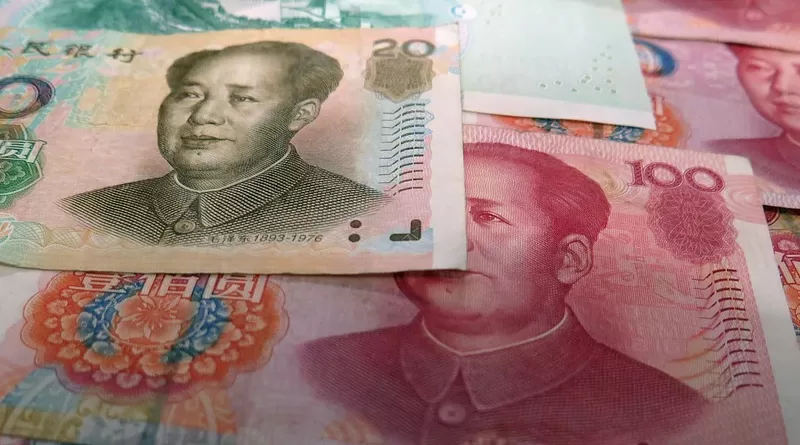Adapting To The Rise Of ‘Sino-Capitalism’ – Analysis
By Christopher A. McNally
With China now ranking as the world’s second-largest economy, its state-guided development model is gaining increasing appeal among other emerging economies in Asia, Africa and Latin America. The spectacular rise of China’s current economic system – which I term “Sino-capitalism” – therefore presents huge questions for the existing global economic order, long dominated by Western free-market models that have lately been badly shaken by the ongoing economic strife in the U.S. and Europe.
Current debate over China’s rise tends to revolve around whether the U.S. and China are headed for inevitable confrontation, or whether China will increasingly become a so-called “responsible stakeholder,” willing to abide by the practices and institutions of the present global free-market economic order. In the final analysis, though, China’s growing clout should not be viewed in such one-dimensional terms, but rather as riddled with complexities and contradictions.
Right now, the American and Chinese systems can probably best be described as being in both symbiosis and rivalry, with a fluid mix of mutual dependence, cooperation, competition and friction. But as China’s global influence increases, the question may become less how Sino-capitalism can adapt to international expectations and more whether the international system can evolve in response to China’s state-guided model.
For the moment, the extensive economic entwinement between the United States and China is forcing the two into a very close, if often uncomfortable, mutual dependence, a situation that former Treasury Secretary and presidential economic advisor Larry Summers has termed a “financial balance of terror.”
As events unfold, the international response to the rise of Sino-capitalism will depend largely on individual leadership choices in China, America and beyond, since unforeseen world events could easily push the U.S.-China dynamic in one direction or another.
Geopolitical issues, such as growing military rivalry in the Western Pacific as well as competition over energy resources and control of strategic sea lanes, are perhaps the flashpoints most likely to produce deep-seated conflict. But the most pronounced and immediate challenge from Sino-capitalism is emerging in the economic realm.
Like previous East Asian growth economies, especially Japan and South Korea, China has pursued an export-led strategy based on programs of subsidized investment in “strategic industries” and exchange-rate controls to maintain an undervalued currency.
American industry is waking up to this profound challenge. Not only labor-intensive low-tech industries, but increasingly also cutting-edge high-tech businesses, are asking how they can be expected to compete against China’s targeted domestic subsidies, low-interest loans, cheap labor, massive economies of scale and focused government strategy to become number one in a whole range of industries ranging from solar and wind power to electric cars and biotechnology.
Going forward, it is Sino-capitalism’s combination of aggressive state sponsorship with enormous entrepreneurial and innovative capacities that will pose the greatest challenge to established competitors in the West, and to the existing global economic order as a whole.
In the end, China’s rise remains a double-edged sword: it could bring peace and prosperity, or a drawn-out struggle for global leadership. While Sino-capitalism might eventually fade under the weight of an authoritarian state, it could also prove to be highly adaptable and resilient, perhaps even offering better institutional solutions to the present instability of international markets in finance, technology and resources.
Either way, there is little doubt that China’s ascendancy will result in a new global economic and political era, for which the international community would be well-advised to prepare.
Christopher A. McNally is a Nonresident Fellow at the East-West Center and an Associate Professor of Political Economy at Chaminade University in Honolulu, Hawaii. This analysis originally appeared in the Honolulu Star-Advertiser on Sept. 25, 2011 as part of a monthly series on regional Asia Pacific issues leading up to the APEC leaders’ meetings in Honolulu in November.

